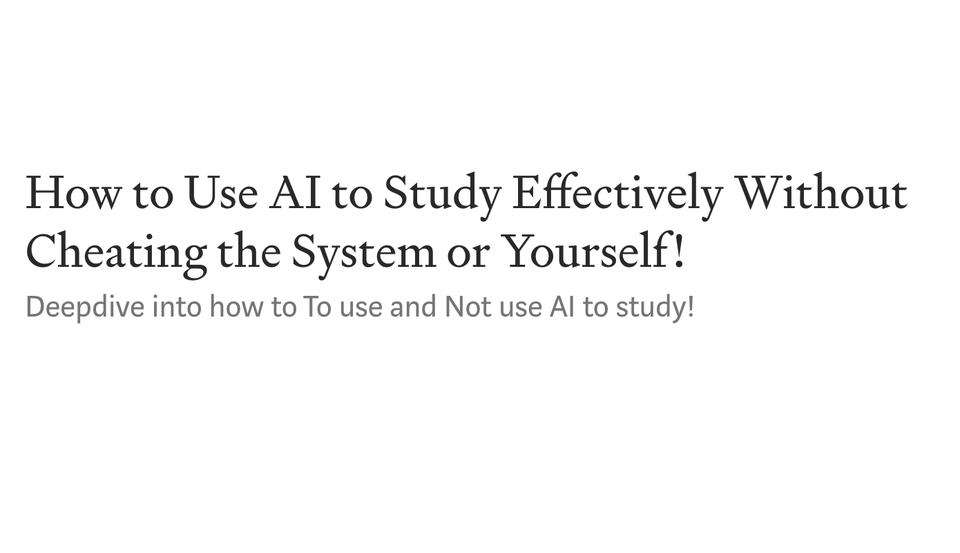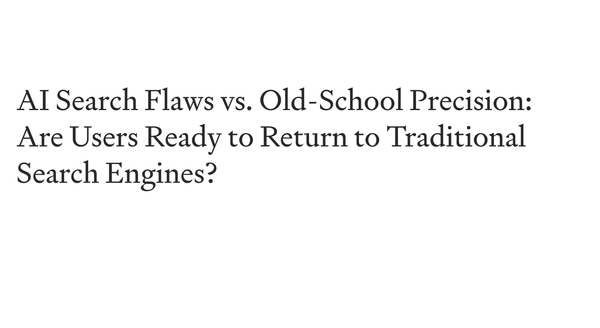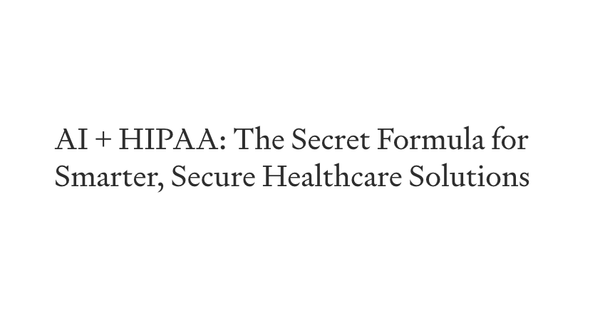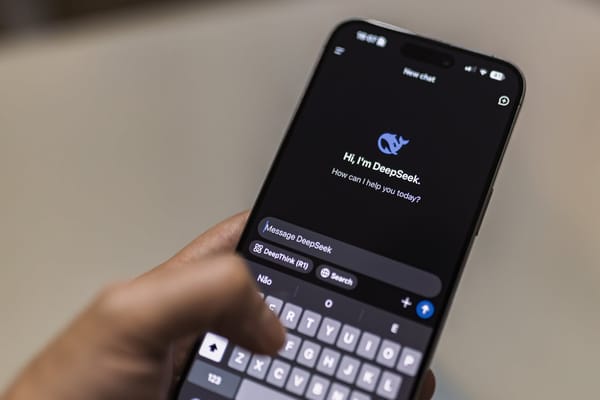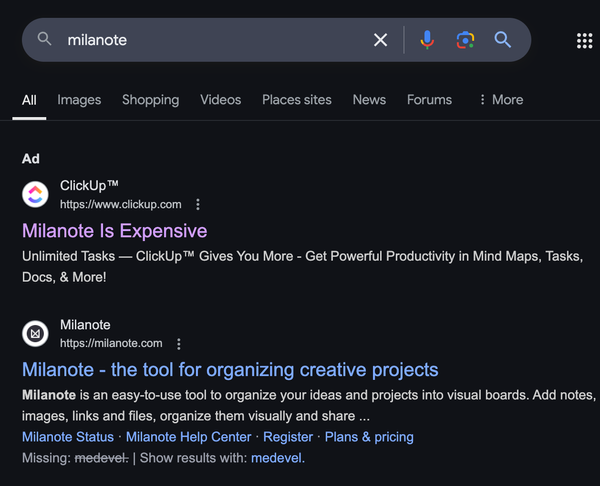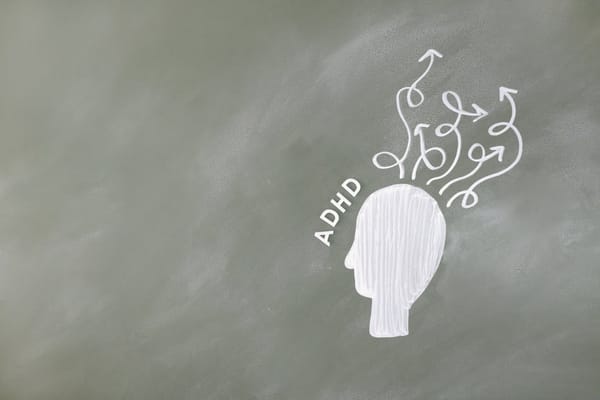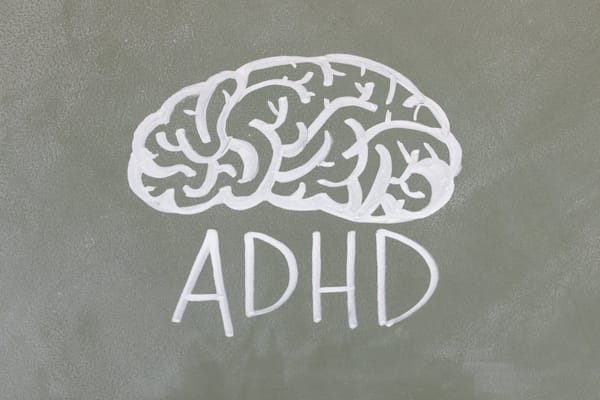How to Use AI to Study Effectively Without Cheating the System or Yourself!
Table of Content
In a world rapidly embracing artificial intelligence, students are discovering ways to use AI tools to enhance their study routines. Summarizing lectures, generating flashcards, and even auto-creating quizzes are now possible with just a few clicks.
But as a medical doctor by education and a developer by practice, I find myself deeply skeptical of the shortcuts some students are taking.
Recently, I came across a video of a student explaining how she uses AI to minimize study time. She proudly described how she automated the summarization of lecture notes and PowerPoint slides into concise study points. To top it off, she created quizzes to test herself, all with minimal effort. She claimed that this method allowed her to spend less time studying while achieving excellent grades.
But is this approach truly beneficial, or is it simply cheating the system? Let’s dive deeper into this.
Why AI Shouldn't Replace Your Study Notes
From my experience, study notes are not just summaries; they are the essence of learning. Writing your own study notes forces you to think critically, connect concepts, and build a deeper understanding to the topic.
When you outsource this critical task to an AI tool, you miss out on these invaluable cognitive processes.
Here’s an analogy: “Our knowledge is like a bird. If we don’t cage it with our own writings, our understanding, and our logic, it will fly away.” Summarizing material is not just about condensing information but about internalizing it.
When you let AI do this for you, you cheat not just the system but also yourself.
On personal note, as someone who practices equine and hippotherapy, I often see parallels between learning and training horses. Just as a horse needs consistent groundwork to develop trust and understanding, our minds need the exercise of writing, analyzing, and synthesizing information to grow and connect ideas.
Skipping these steps is like expecting a horse to perform without any foundational training—it’s unrealistic and unsustainable.
How Over-Reliance on AI Harms Learning
During my time as a student and educator, I’ve conducted experiments to understand how different study methods affect learning. The results were eye-opening.
Students who focused solely on memorizing answers without grasping underlying concepts often scored high initially but struggled to apply their knowledge in real-world scenarios.
This is particularly dangerous in fields like medicine, where practical understanding can mean the difference between life and death.
AI tools, when used improperly, can exacerbate this issue. They make it easy to bypass the hard work of connecting dots and building a robust knowledge framework. While some sectors may tolerate this kind of shortcut, others, like medicine, engineering, or science, demand a higher standard.
How to Use AI for Studying — The Right Way
AI tools can be powerful allies in your learning journey if used responsibly. Here are some ways to incorporate AI into your studies without sacrificing genuine learning:
- Generate Quizzes and Flashcards: Use AI to create practice quizzes and flashcards to test your understanding of a topic. This helps you identify weak areas without skipping the crucial process of writing your own notes.
- Seek Clarifications, Not Shortcuts: Use AI to clarify concepts you’re struggling with, not as a substitute for your own analysis. For example, ask it to explain a complex topic in simpler terms, then try to reframe that explanation in your own words.
- Supplement, Don’t Replace: Let AI complement your study routine by providing additional insights or alternative perspectives. For instance, ask it for real-world applications of a theory you’re studying.
- Double-Check Information: Always cross-reference AI-generated content with trusted sources. AI is prone to errors and biases, and blindly relying on it can lead to misinformation.
How NOT to Use AI for Studying
Avoid these pitfalls to ensure AI enhances rather than diminishes your learning:
- Don’t Outsource Note-Taking or Study Notes Generation: Writing your own notes is non-negotiable. This process strengthens your understanding and helps you retain information.
- Don’t Over-Rely on Summaries: Summaries created by AI often lack context and nuance. They might save time in the short term but cost you in-depth understanding in the long run.
- Don’t Memorize Without Understanding: Memorizing answers without grasping the concepts is a recipe for failure, especially in critical fields like medicine or engineering.
- Don’t Cheat Yourself: Using AI to bypass effort might seem efficient, but it’s a missed opportunity to grow intellectually and develop critical thinking skills.
Understanding The Bigger Picture
Cheating the system might seem tempting in the moment, but it’s a short-sighted strategy. True learning is about more than grades; it’s about developing a robust mental framework that serves you for life.
In medicine, continuous education and practice are baked into the system, which helps doctors address gaps in their knowledge. But not every sector offers this safety net. For most, the habits and skills developed during education shape their entire careers.
As AI becomes more prevalent, it’s up to us to use it wisely. Let’s ensure it becomes a tool for growth rather than a crutch for laziness.
What do you think? Have you used AI in your studies, and if so, how? Share your thoughts with us!

